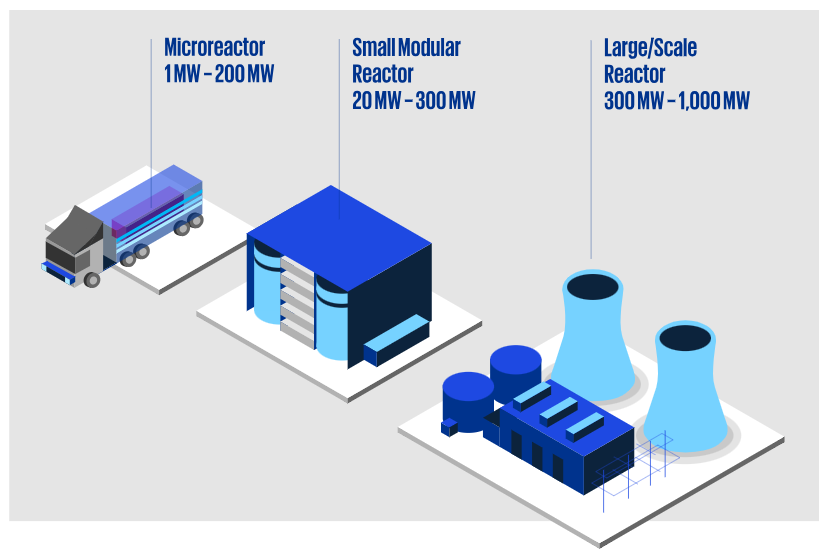The landscape of technological innovation has entered an exhilarating new phase in mid-2025, with industry leaders announcing commercial breakthroughs in AI-powered quantum cloud computing. Tech giants, startups, and academic consortia alike are racing to provide practical access to quantum processing units (QPUs) layered with advanced artificial intelligence, promising transformative impacts across industries.
Quantum Leap in Real-World Applications
Earlier this month, several major cloud providers unveiled hybrid platforms where classical and quantum computing resources seamlessly integrate in the cloud. AI algorithms manage job distribution, error correction, and workflow optimization—addressing long-standing bottlenecks that limited quantum adoption in business scenarios. For the first time, researchers and enterprises can execute complex simulations (e.g., drug discovery, financial modeling, logistics optimization) on actual quantum hardware, while AI determines which tasks require quantum acceleration and which are better suited for traditional CPUs or GPUs.
Innovation in Drug Discovery and Materials Science
One of the most notable use cases comes from the pharmaceutical sector. Using AI-orchestrated quantum platforms, researchers have accelerated molecular structure simulations that used to take months, now completed within hours. This rapid prototyping enables faster discovery of new drug candidates and more efficient workflows, potentially saving lives and reducing costs.
Similarly, materials scientists report breakthroughs in designing superconductors and battery materials using QPUs guided by machine learning, forecasted to yield next-generation energy storage devices over the next few years.
Democratizing Quantum Access
Previously, quantum computing was restricted to elite labs and well-funded corporations. Now, subscription-based quantum cloud services mean that startups, universities, and even medium-sized enterprises can experiment and innovate with world-leading computational resources. Leading platforms are already offering “quantum sandboxes,” where coders can run sample algorithms and receive AI-generated guidance on optimization and error mitigation.
Challenges Remain—and Excitement Grows
While this hybrid AI-quantum ecosystem represents a leap forward, experts caution that challenges like hardware noise, scalability, and energy efficiency are far from solved. However, with machine learning optimizing both software and hardware usage, barriers are falling faster than anyone predicted even two years ago.
Looking Forward: A Future Built Together
The fusion of AI and quantum computing is no longer a vision relegated to labs or academic papers—it’s a commercial reality shaping innovation in 2025. As barriers to entry continue to drop and practical applications multiply, industry observers predict a multiplying effect on global problem-solving capacity.
With digital transformation accelerating, this could become the decade when quantum power—augmented by human ingenuity and artificial intelligence—redefines what’s possible in science, business, and beyond.










